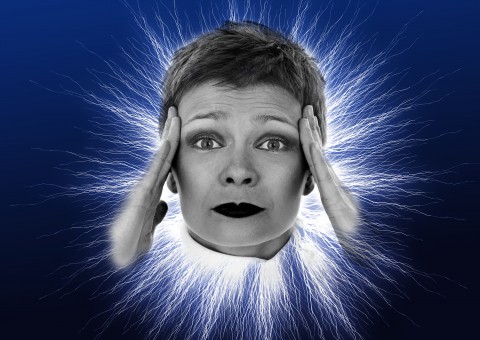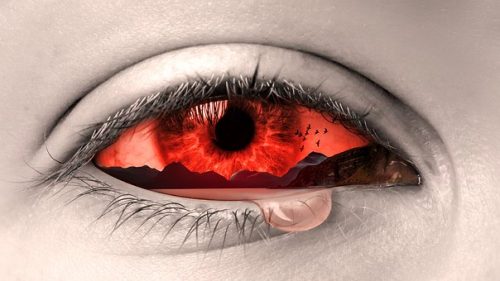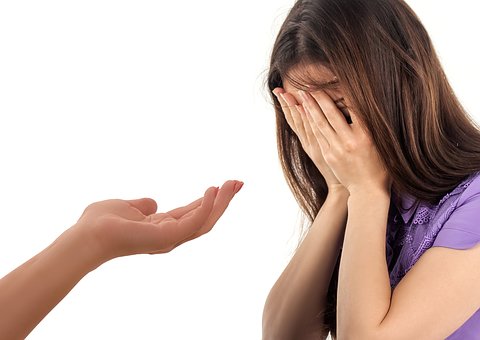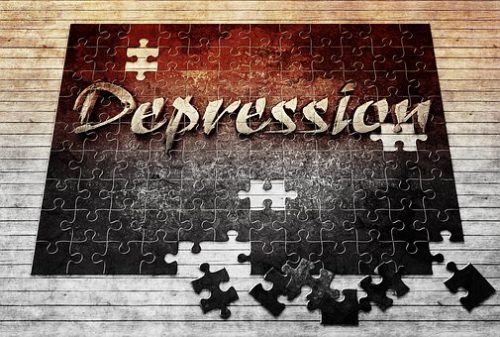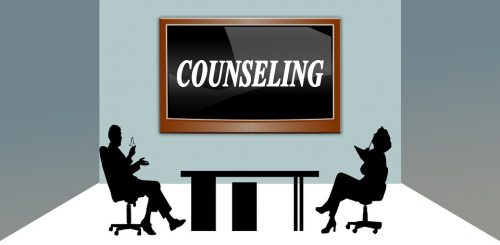
Millions of people suffer from depression. Some are aware of their situation while others are not, and both instances are crucial in dealing with life struggles, even in the relationship. If you have depression, and you’re in a relationship, Michael Brustein, Psy.D. says “If you feel like they are a good candidate for the long term, you feel you can get very close to them, and they’re someone you could potentially love, then you should tell them.”
Sometimes, you tend to do things because that’s what you know is right and that makes you feel better. But then at the end of the day, you still feel the pressure and stress because your depression stays with you that make it difficult for you to create better actions.
Here are the things that you think you’re doing right to avoid stress and depression but turn out to be a triggering factor.
Spending Too Much Time On Television
When you try to avoid depression by sitting on the couch watching your favorite movie too often, you give up the chance to decrease your tension, improve your sleep, and stabilize your mood. Therefore, your daily activeness makes a direct effect on your mood through psychological disruption. It creates an impact on your relationship because you tend to fall into the category where you limit your social activity with your partner.
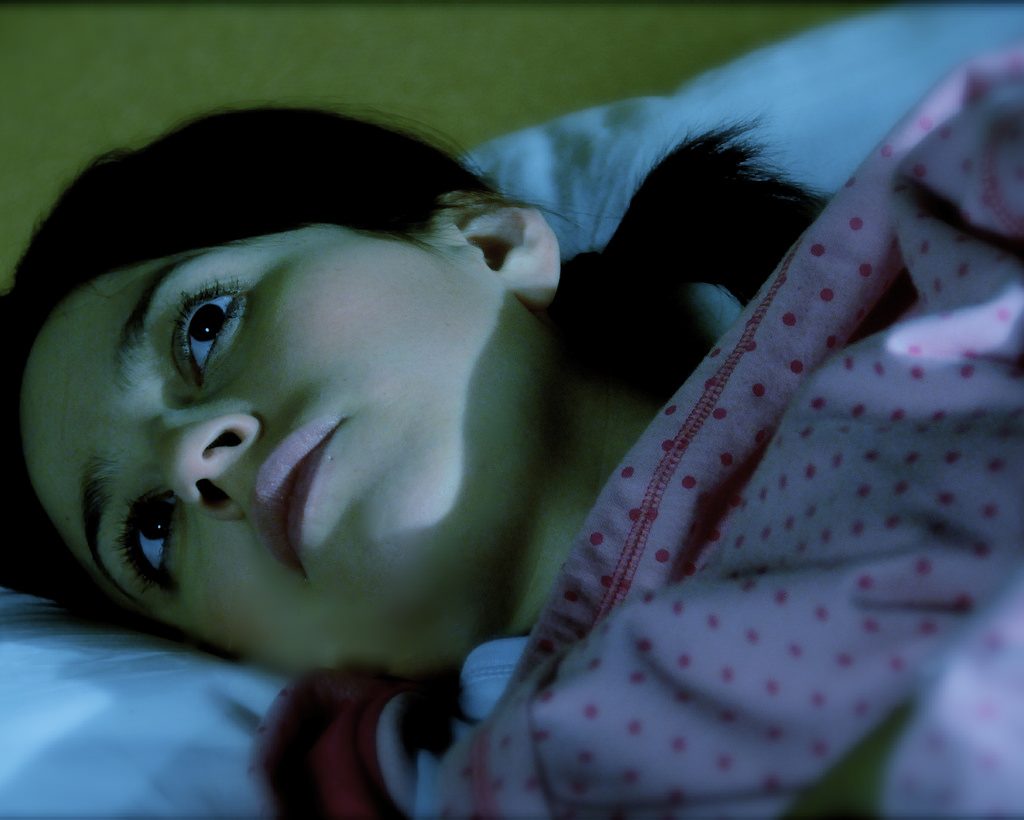
Too Much Browsing Through Social Media
It’s a regular habit that you tend to scroll through your social media accounts whenever it’s your free time. However, it affects your relationship because the more you spend time on your mobile phones or computers, you tend to take away the importance of doing other things with your partner. In some cases, there’s some information on the platform that can make you feel sad, gloomy, jealous, upset, and disturbed and that affects your emotional and psychological aspect.
Trying To Skip Meals
One way to deal with stress is by eating healthy and nutritious food, and when you skip meals, you don’t only allow your body to feel stressed but also deprive it of its right to achieve healthy and balanced nutrition. In other words, you only complicate the function of your blood sugar when you don’t have enough to eat, and that will make you feel sluggish, anxious, and irritated. That’s where you tend to have a higher state of depression.
Drinking Too Much Coffee
Surely, some studies promote drinking coffee because it helps in boosting your alertness and keep you away from stress. However, it doesn’t serve as a solution to get rid of depression for those people who are particularly sensitive to caffeine. Too much caffeine can give you an upset stomach, sweaty palms, shaky hands, and increased heart rate. Those things are not good when you are experiencing any type of depression. It somehow affects your relationship in a way that you tend to focus on simulations that you think are enough to give you reasons to stay positive, but they don’t.

Avoiding Getting Enough Sleep
To feel healthy and energized, you need at least 7 to 8 hours of sleep. When you deprive yourself from having a good sleep, you only make your depression worse. From there, you tend to have mental dysfunction and low energy level that will hinder you to work on things positively. And when that happens, it affects your relationship because you develop uncontrollable mood swings that can somehow impact decision making.
Counseling psychologist Dr. Monica Cain said that “Physically, depression impacts energy levels. People sometimes feel very tired and want to stay in bed all the time.” This doesn’t even mean that the person is sleeping while in bed.
There are instances that depression is hurting your relationship and you probably can’t seem to notice it. It takes a lot of consideration to control a situation and sometimes, the things you opt to do that you know are helpful are the ones making it worse. So don’t hesitate to ask for professional advice from a healthcare specialist if you think that your depression is taking on your life. “If you suspect your spouse may be depressed, the most important action you can take is to help him or her get proper diagnosis and treatment. That can be difficult, though, since one of the factors of depression is hopelessness; depressed people tend to believe nothing will help. That’s why it’s important that you be persistent.” This was said by family psychologist Kip Zirkel, Ph.D.

